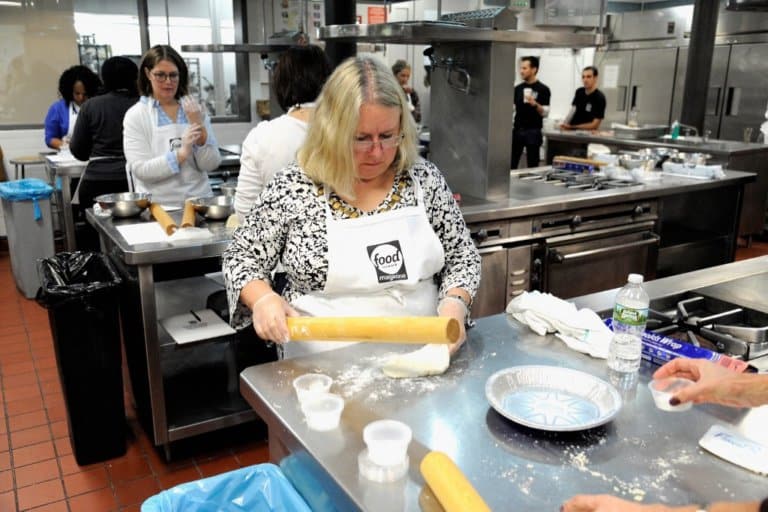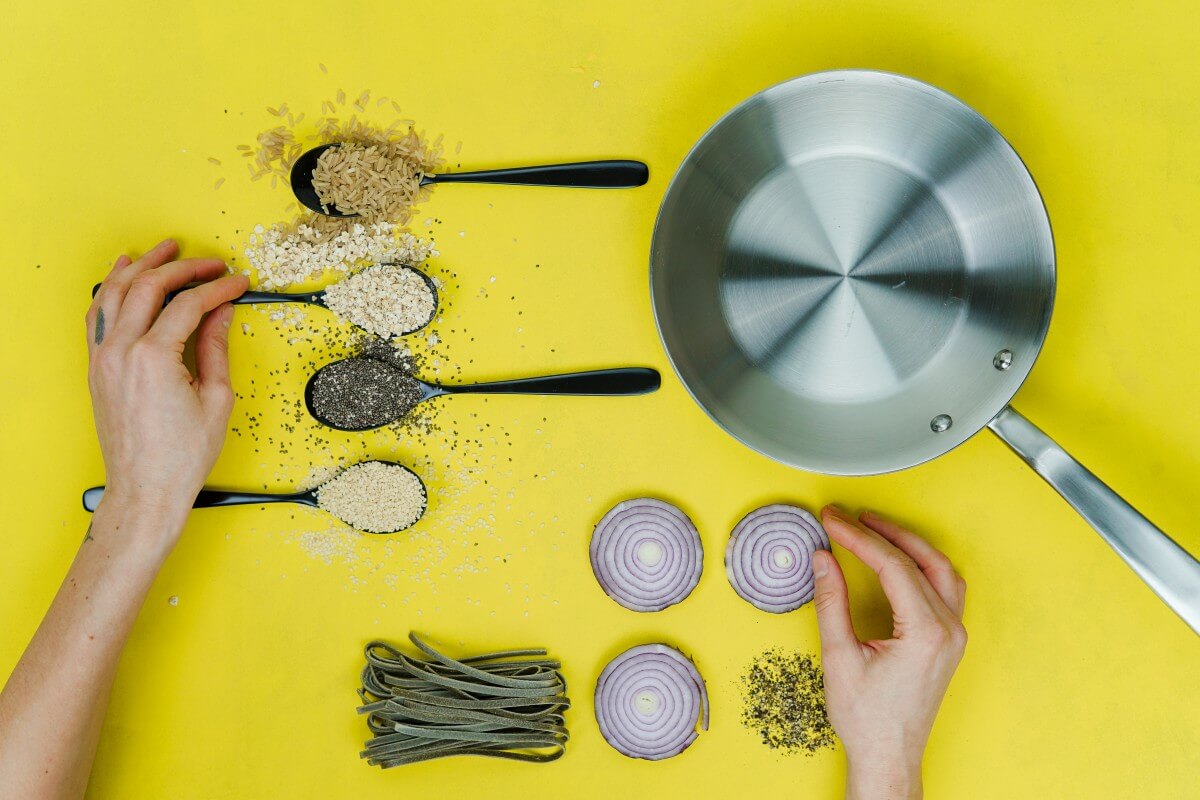
Moving away from your home to study abroad can be hard. You are leaving your family, friends and most importantly, home-cooked meals.
Although you’ll have frozen food, ramen, and takeaways, most are unhealthy and can be expensive. Cooking while studying abroad is much cheaper — and can help you feel closer to home.
The thought of suddenly having to make all your own meals can be stressful, but once you get the hang of things and feel confident in the kitchen, cooking will become much more enjoyable. The best part? You’ll save a lot.
Here are five tips and techniques to help you with cooking while studying abroad:
1. Learn a couple of easy recipes
Every chef starts somewhere. Thankfully, there are many simple recipes that make cooking easy for anyone — with delicious results.
Complicated recipes may seem more appealing, but for those with little to no experience in cooking, this could be difficult. Worse, it could demotivate you from ever wanting to cook ever again.
One of the best recipes you can learn to make is a simple tomato sauce, and you’ll be able to make a number of dishes. Tomato sauce is great for pasta dishes but can also be used as a base to make bolognese, lasagna, casseroles and many more.
If you are someone who hates doing the dishes then one-pot recipes are exactly what you need to learn. Try fried rice and fried noodles or your favourite protein cooked in rice. You can also make a larger portion and divide the meal throughout the week.

Though eating out with friends is a great way to socialise, it can be heavy on the pocket. Source: GREG BAKER / AFP
2. Cook with friends
If cooking isn’t your thing, a great way to improve your cooking while studying abroad is to cook with your friends or flatmates. Watching their techniques can help you expand your culinary knowledge and practise your cooking skills.
That aside, cooking with friends can also make the whole process more enjoyable for you. You can even take turns cooking your favourite meals for each other. As an international student in a foreign country, you’ll be able to experience many different cultures by learning new recipes.
Cooking together is a great money-saving option as you will be able to split your grocery bill with your friends.
3. Meal prepping
Meal prepping sounds really long and time-consuming, but this simple step can actually save you more time than you realise. Though you have to spend a chunk of your time over the weekend cooking, you’ll be saving yourself a whole lot of time on weekdays after a long day of lectures.
By prepping your meals you don’t have to spend time thinking about what to eat or cooking your meals. All you have to do is heat up your meal, and you are good to go.
Not only that, meal prepping has been proven to save more money. Planning your meals ahead allows you to avoid buying food while you are out or getting takeaway — which can be quite expensive for those on a student budget.
Deciding your meals ahead of time assures that you only buy exactly what you need when at the supermarket and money is not wasted. Meal prepping helps you stay healthy and not give in to the temptation of indulging in fast food.
The common misconception is that you will get bored with the meals. But take this as an opportunity to experiment or recreate your favourite restaurant meals for half the price.

Local markets have many options for fresh produce at an affordable price. Source: Adem Altan/AFP
4. Shop in local markets
As an international student in a foreign country, one of the best places to learn more about the country you are living in is to go to the grocery store, local market or supermarket.
Take the time to explore grocery stores and markets around you, and soak in the culture of the country. This is where you will discover foods that you have never tried before. Local and farmers’ markets are particularly cheap with many fresh food options. You can get fresh vegetables, fruits, eggs, meat, bread, honey, jams and fruit preserves.
5. Invest in basic kitchen equipment
As much as we think that buying more pans will mean we’ll cook better food, the reality is you only really need two good pans, especially with the limited space you have.
Investing in a good quality non-stick frying pan with a lid would be essential as you can cook pretty much anything in a pan like this. They are also very easy to clean which will save you the time of soaking your pan first.
Another great investment is to get a deeper pan that can be used when you are making soups or sauces. A deeper pan is also useful when meal prepping as you can cook larger portions.









